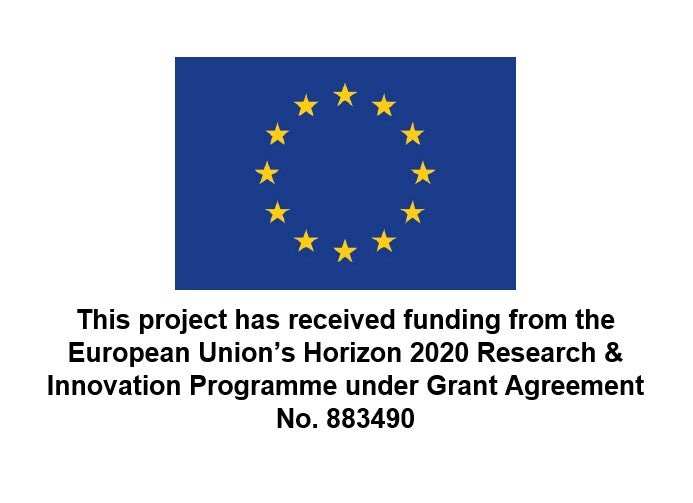THE PROJECT
In recent years, social media and crowdsourcing (SMCS) have been integrated into crisis management for improved information gathering and collaboration across European communities. The effectiveness of SMCS on European disaster resilience, however, remains unclear owing to the diversity among disaster risk perception and vulnerability (DRPV), disaster management processes (DMP) and disaster community technologies (DCT) across Europe today. From this point of departure, LINKS sets out to achieve four core objectives:
Objective 1 (O1): Produce sustainable advanced learning on SMCS in disasters
Objective 2 (O2): Achieve a consolidated understanding of SMCS in disasters
Objective 3 (O3): Govern the diversity of SMCS in disasters
Objective 4 (O4): Bring multidisciplinary SMCS stakeholders together
The LINKS project will develop a Framework to understand, measure and govern SMCS for disasters. The LINKS Framework consists of scientific methods, practical tools, and guidelines addressing researchers, practitioners, and policy makers. It will be developed and evaluated through five practitioner-driven European cases, representing different disaster scenarios (earthquake, flooding, industrial disaster, terrorism, drought), cutting across disaster management phases and diverse socioeconomic and cultural settings in four countries (Denmark, Germany, Italy, the Netherlands). Furthermore, LINKS sets out to create the LINKS Community, which brings together a wide variety of stakeholders, including first-responders, public authorities, civil society organisations, business communities, citizens, and researchers across Europe, dedicated to improving European disaster resilience through the use of SMCS both online (LINKS Community Center) and in person (LINKS Community Workshops).
THE APPROACH
In order to reach the core objectives of LINKS, the partners follow an integrative research approach, starting from an assessment of the three complementary knowledge domains:
- Disaster Risk Perception and Vulnerability (DRVP)
- Disaster Management Processes (DMP)
- Disaster Community Technologies (DCT)
The assessment entails the collection and analyse knowledge and best practices of SMCS in disasters, through structured review, analysis of existing literature, policies, projects, mechanisms, tools, guidelines and processes.
The development and evaluation of the LINKS Framework, through practitioner-driven
case studies to identify positive and negative impacts of SMCS in different geographical contexts, conditions and situations.
The establishment and management of the LINKS Community via:
- Online and in person tools for stakeholder engagement to ensure a continuous dialogue, communication and information exchange among different stakeholders.
- In person events to share knowledge, experiences, needs and ideas for the implementation of methods, tools and guidelines.
- A user-centered design strategy as a toolkit to implement the LINKS Community Center (LCC).
In LINKS, “diversity” and “stakeholder involvement” are important pillars in relation to the use of SMCS in disasters. Diversity and stakeholder involvement are crucial for the development of the LINKS Framework, the LINKS Community Center and LINKS Community Workshops as they will contribute to a more inclusive and resilient disaster management in all cycles of disaster management: preparedness, response, recovery and mitigation and prevention. Furthermore, the LINKS project is characterized by a multi-sectoral approach (which realises a link between practical experience and research), multi-disciplinarity (which merges social, technological and institutional aspects) and multi-system thinking (which combines professionals, organizations, local communities, public authorities from different geographical contexts), which together makes the results useful for different stakeholders.
